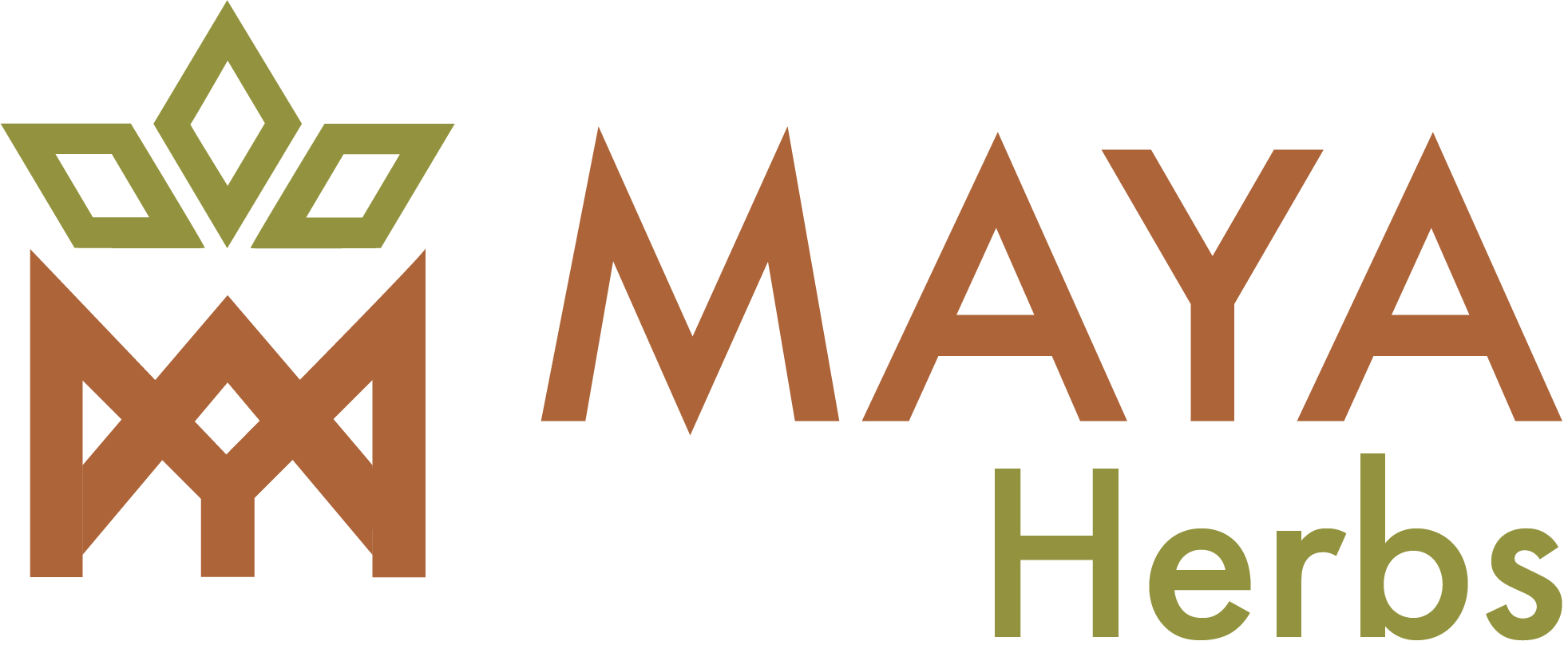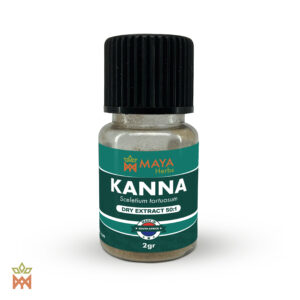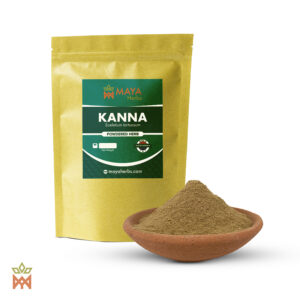Introducing Kanna (Sceletium Tortuosum) Cut Herb from Thailand.
The tribal history of Sceletium tortuosum, commonly known as Kanna, is deeply intertwined with the indigenous peoples of South Africa, particularly the San and Khoikhoi tribes. Here’s an overview of the tribal history of Sceletium tortuosum:
Traditional Use by Indigenous Peoples
Sceletium tortuosum has a long history of traditional use among indigenous tribes in South Africa, dating back thousands of years.
The San and Khoikhoi peoples, also known as the Bushmen and Hottentots, respectively, were among the earliest known users of Kanna.
These indigenous tribes harvested and consumed Sceletium tortuosum for its psychoactive and medicinal properties, using it in various cultural and spiritual practices.
Cultural and Spiritual Significance
Sceletium tortuosum played a significant role in the cultural and spiritual traditions of the San and Khoikhoi tribes.
It was revered as a sacred plant with profound psychoactive effects, believed to facilitate communication with ancestral spirits, induce altered states of consciousness, and enhance spiritual experiences.
Kanna was often used in rituals, ceremonies, and rites of passage, where it played a central role in promoting healing, well-being, and communal cohesion.
Medicinal Uses
In addition to its spiritual significance, Sceletium tortuosum was valued for its medicinal properties by indigenous peoples.
It was used to alleviate a wide range of ailments, including anxiety, stress, depression, fatigue, and pain.
Kanna was often brewed into teas, chewed, or smoked to produce its therapeutic effects, with different methods of consumption yielding varying results.
Cultural Preservation and Revival
Despite centuries of colonization, displacement, and cultural suppression, the traditional knowledge and use of Sceletium tortuosum have persisted among some indigenous communities in South Africa.
In recent years, there has been a growing interest in the cultural and medicinal heritage of Kanna, leading to efforts to preserve and revitalize its traditional use.
Indigenous advocates and organizations are working to reclaim and protect the cultural rights and intellectual property of indigenous peoples regarding Sceletium tortuosum and other traditional plants.





